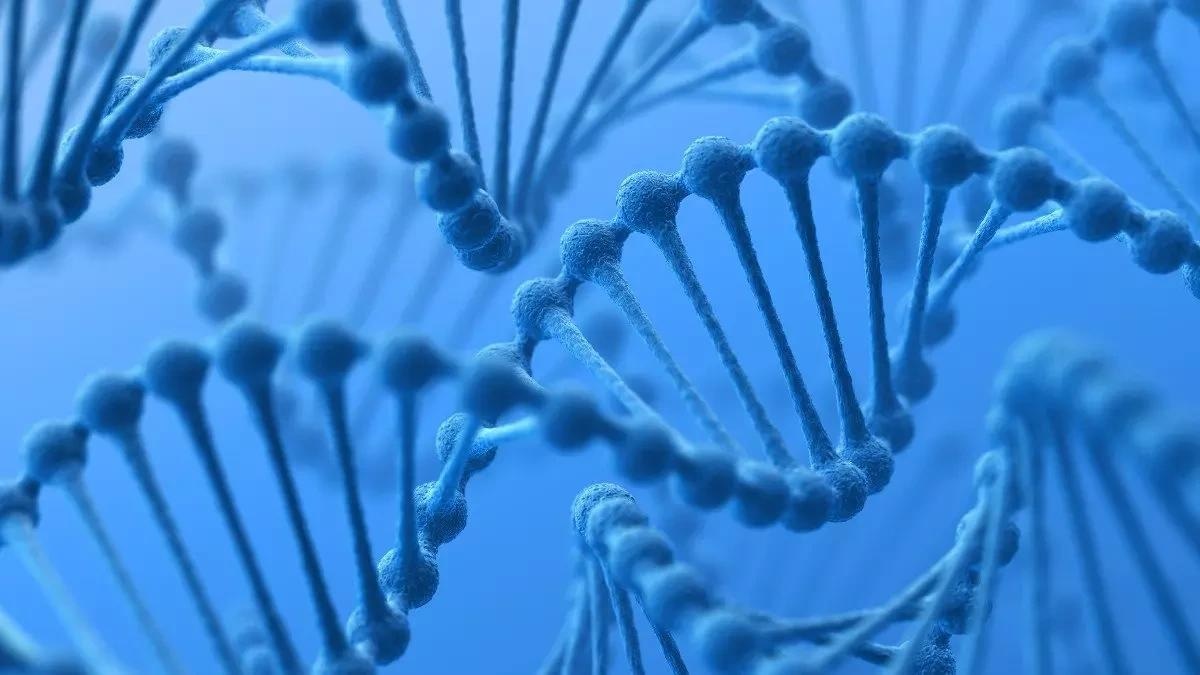Reviewed by Danielle Ellis, B.Sc.Jun 6 2023
According to quantum biologists at the University of Surrey, revealing the potential of lab-crafted DNA, called synthetic DNA, holds the key to innovative breakthroughs across multiple domains.

Image Credit: University of Surrey.
Synthetic DNA, in contrast to naturally occurring DNA, enables researchers to engineer fresh genes or enhance existing ones, unlocking doors to transformative possibilities in biotechnology and medicine. Synthetic DNA can also retain Darwinian evolution, laying the groundwork for breakthroughs in the understanding of genetic systems.
In a one of its kind study, quantum biologists from Surrey analyzed how protons move in Hachimoji DNA, a synthetic form of DNA not yet seen in natural life.
The Surrey group assessed the speed of proton transfer and how it is affected by temperature using a method known as density functional theory. They discovered that proton transfer occurs more easily in Hachimoji DNA than in regular DNA.
Certain pairs of bases in Hachimoji DNA, in particular, allow protons to travel 30% faster than in normal DNA. This indicates that Hachimoji DNA may be more prone to mutations than normal DNA.
The exploration of Hachimoji DNA and its distinctive properties presents exciting prospects for synthetic biology and genetic research. Our study provides invaluable insights into the dynamics of proton transfer within Hachimoji DNA, shedding light on its potential implications for mutation rates. This knowledge has the potential to guide future advancements in DNA engineering and expand our comprehension of genetic systems here on our planet and beyond.”
Dr Louie Slocombe, Lead Researcher, University of Surrey
Hachimoji DNA is laboratory-created synthetic DNA that expands the genetic code beyond the standard four letters (A, T, C, G). It includes four new building blocks (Z, P, S, and B), allowing for more diversified genetic information possibilities and, significantly, opening up new options in genetic research, synthetic biology, and nanotechnology.
Hachimoji DNA is regarded as a possible candidate for designing organisms with novel capabilities and producing innovative drugs.
The University of Surrey remains committed to pioneering scientific research and driving transformative discoveries. The investigation into Hachimoji DNA exemplifies the University's excellence in quantum biology and the potential of this new field of research to unravel the intricacies of genetic systems and harness the power of innovative technologies.”
Dr Marco Sacchi, Study Co-Author, University of Surrey
Source:
Journal reference:
Warman, H., Slocombe, L., & Sacchi, M. (2023). How proton transfer impacts hachimoji DNA. RSC Advances. doi.org/10.1039/D3RA00983A.